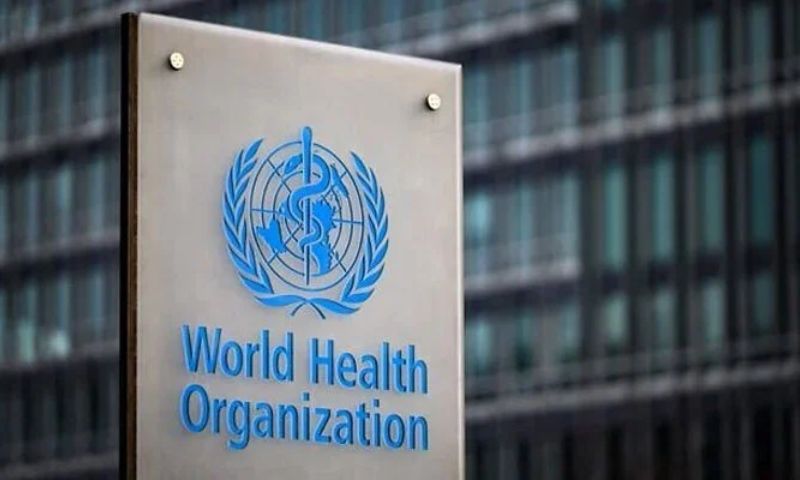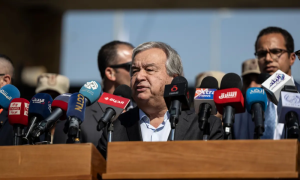GENEVA: The World Health Organization (WHO) has joined forces with other United Nations agencies to assist an increasing number of farmers in shifting away from tobacco cultivation towards food production, with a particular focus on Africa.
In preparation for World No Tobacco Day, the WHO revealed its efforts to support farmers seeking to transition away from tobacco farming through a successful pilot program in Kenya. Now, the organization aims to expand this initiative to other countries and continents.
Ruediger Krech, the WHO’s director for health promotion, highlighted the urgency of the situation, stating, “A record of 349 million people face acute food insecurity, and that is up from 135 million in 2019.” He further explained that approximately 200,000 hectares of land are cleared annually for tobacco farming, posing a threat to food security.
Aside from the health implications for smokers and farmers, the WHO underscores the detrimental impact of tobacco cultivation on food security. The organization expresses concern over the increasing presence of tobacco companies in Africa, as tobacco plantations across the continent have risen nearly 20 percent since 2005.
Krech dispels the myth that tobacco farming is crucial for economic growth, emphasizing that it only contributes more than one percent of gross domestic product in five countries. He points out that the profits primarily benefit global tobacco companies, while trapping farmers in a cycle of dependency with limited control over prices and quality.
WHO Establishes Credit Programme for Farmers
To address this issue, the WHO, in collaboration with the Food and Agriculture Organization and the World Food Programme, has established a credit program to assist farmers in paying off their tobacco-related debts and transitioning to alternative crops. The program’s initial implementation in Migori county, Kenya, has yielded positive results, with 2,040 farmers assisted in the first year. Farmers have reported triple the profits and have transitioned to growing high iron beans, allowing children to attend school instead of working in tobacco fields.
Encouraged by the success of the pilot program, the WHO aims to involve approximately 5,000 farmers—4,000 in Kenya and 1,000 in Zambia—by the end of the next season. The organization plans to expand the initiative to other regions such as Asia and South America, where significant tobacco cultivation still occurs.
WHO Director-General Tedros Adhanom Ghebreyesus emphasized the importance of prioritizing health, preserving ecosystems, and strengthening food security for all by choosing food production over tobacco farming. He noted that tobacco is responsible for eight million deaths annually, yet governments worldwide continue to invest millions in supporting tobacco farms.























